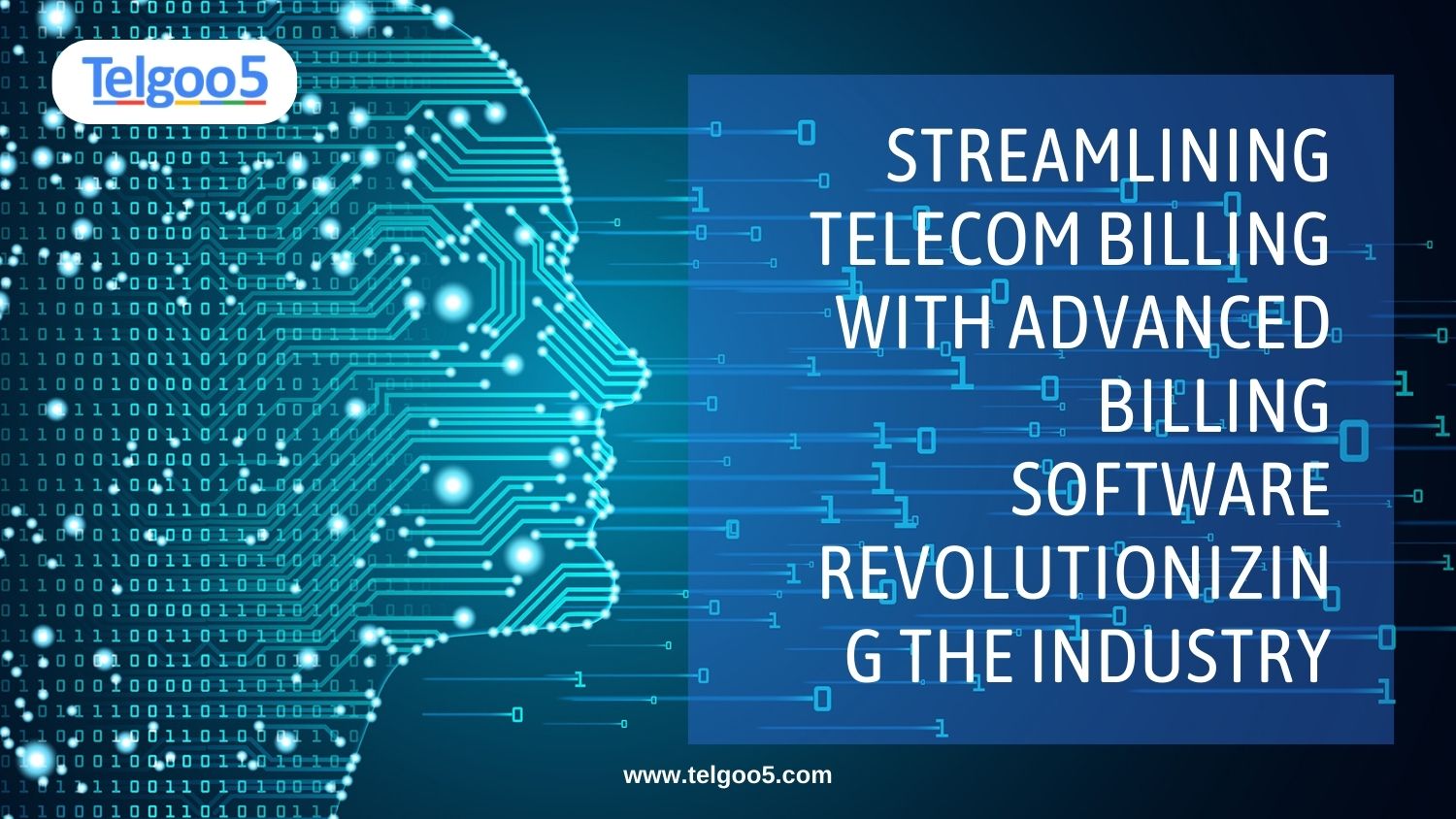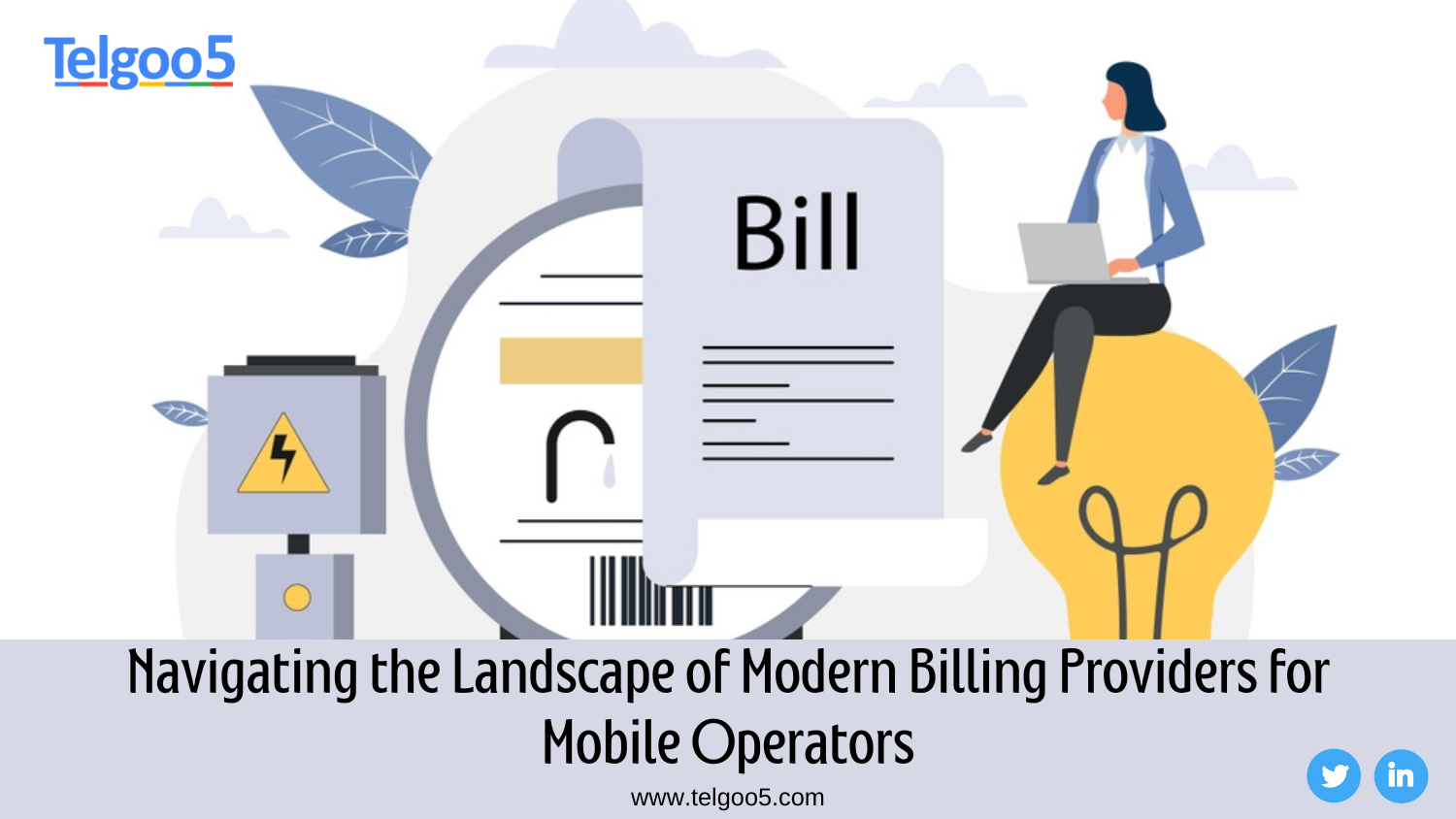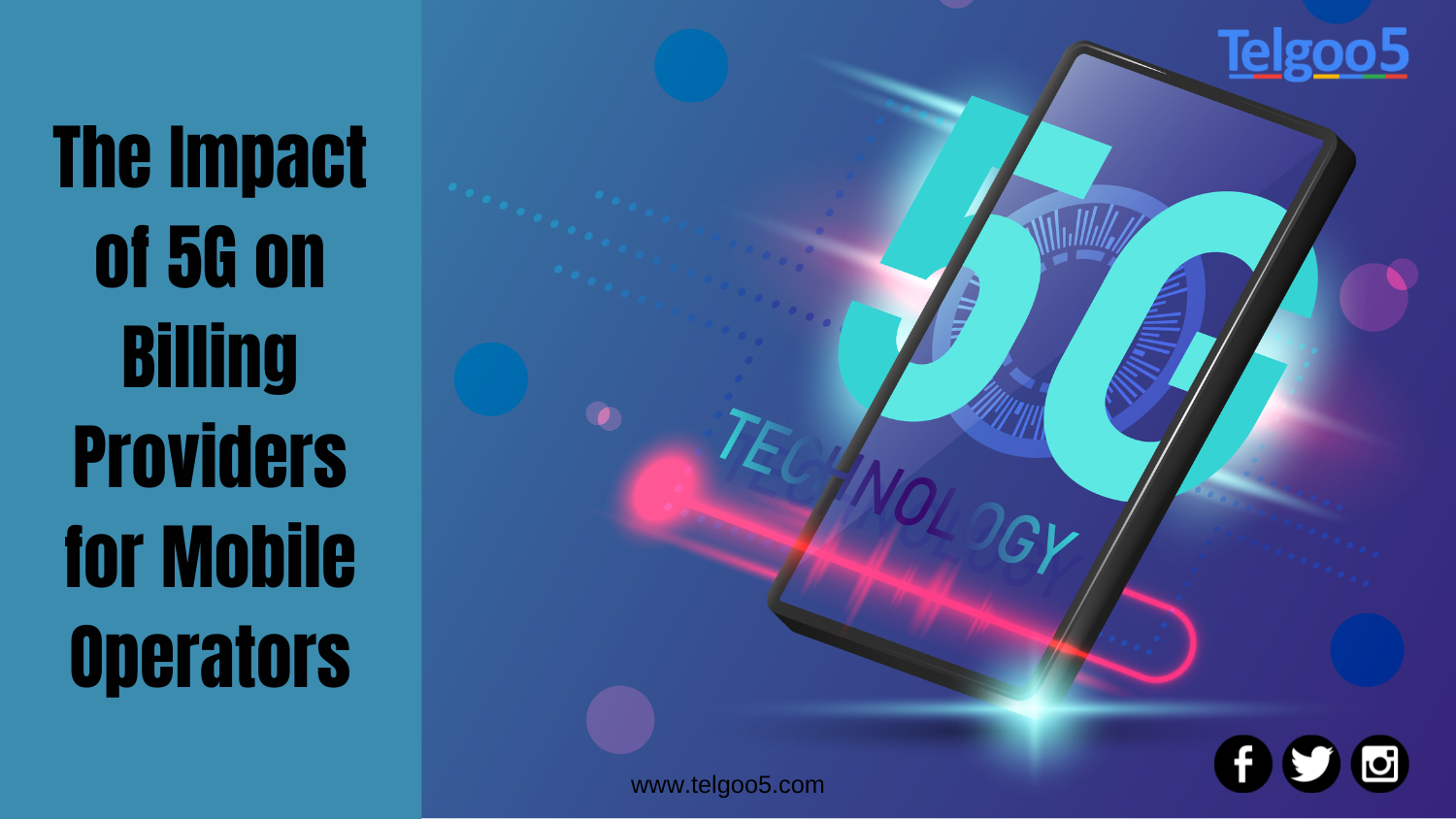best billing system
Telgoo5 delivers the best billing system for seamless transaction processing, enhanced accuracy, and improved financial management in telecom.
Contact us today to get a consultation!
Send us a message to get answers to any of your questions & we'll get back to you within 24-48 hours or as soon as possible.










